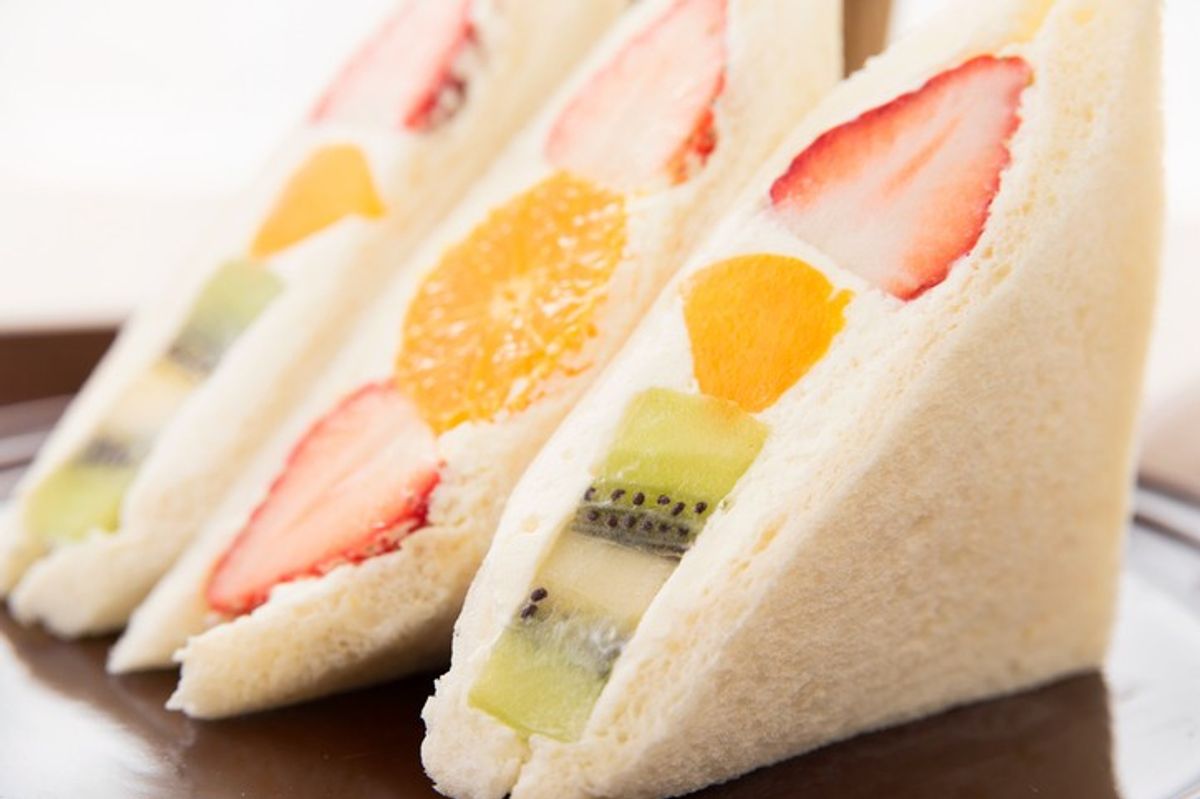From mochi ice cream to matcha cookies, Japanese-style desserts have been steadily gaining ground on UK shelves as British retailers are taking note of consumers’ growing appetite for “joyful” sweet treats.
According to the food experts, soft, sweet and full of character Japanese-style desserts, further driven by TikTok, are gaining popularity among shoppers in the UK, pushing many retailers to look for options to stock.
Recent example of this line of product is M&S' own take on the Japanese convenience store favourite, a sandwich made with soft milk bread, whipped cream and neatly layered fruit.
“We’re seeing people turn to food as an antidote to life’s uncertainties – they’re looking for small, joyful indulgences that feel novel, premium and culturally rich,” The Guardian quoted Charles Banks, a co-founder of The Food People, a UK-based food trends consultancy.
“Japanese sweets bring playful formats, surprising textures and beautifully balanced flavours that tap into this mood perfectly. Add in TikTok’s power to visually amplify the unfamiliar and suddenly these once niche delights are must-haves.”
As explained by Yuki Gomi, a Japanese chef and food writer, Japanese desserts are “cute, comforting and often tied to the seasons”.
“Japanese sweets are often lighter and less sugary than their western equivalents, and there’s real joy in the textures – soft and creamy mochi ice cream, airy sponge, the crisp snap of Pocky," Gomi said.
“Quite often, the sweets are given a Japanese twist , maybe a hint of matcha, yuzu or kinako. A familiar treat, with a fresh Japanese flavour,” she said.
The popularity is further driven by social media chatter, particularly TikTok.
On TikTok, the hashtag #mochi has more than 1.4m posts, #matchacookies has 10,500, and videos of Japanese cheesecakes have racked up hundreds of thousands of views.
Experts say that online food trends don’t just shape what people eat, they influence what people are willing to try, as social feeds become a source of inspiration and discovery.
“As seen with the viral Dubai chocolate craze, today’s consumers want to be part of the online conversation, craving connection through texture, cultural heritage and bold, shareable visuals," The Guardian quoted Seyi Oduwole, a foresight analyst at The Future Laboratory as saying.
"We’re particularly seeing the rise of global flavours, third-culture cuisine, and consumers adopting a ‘try anything’ attitude.”


